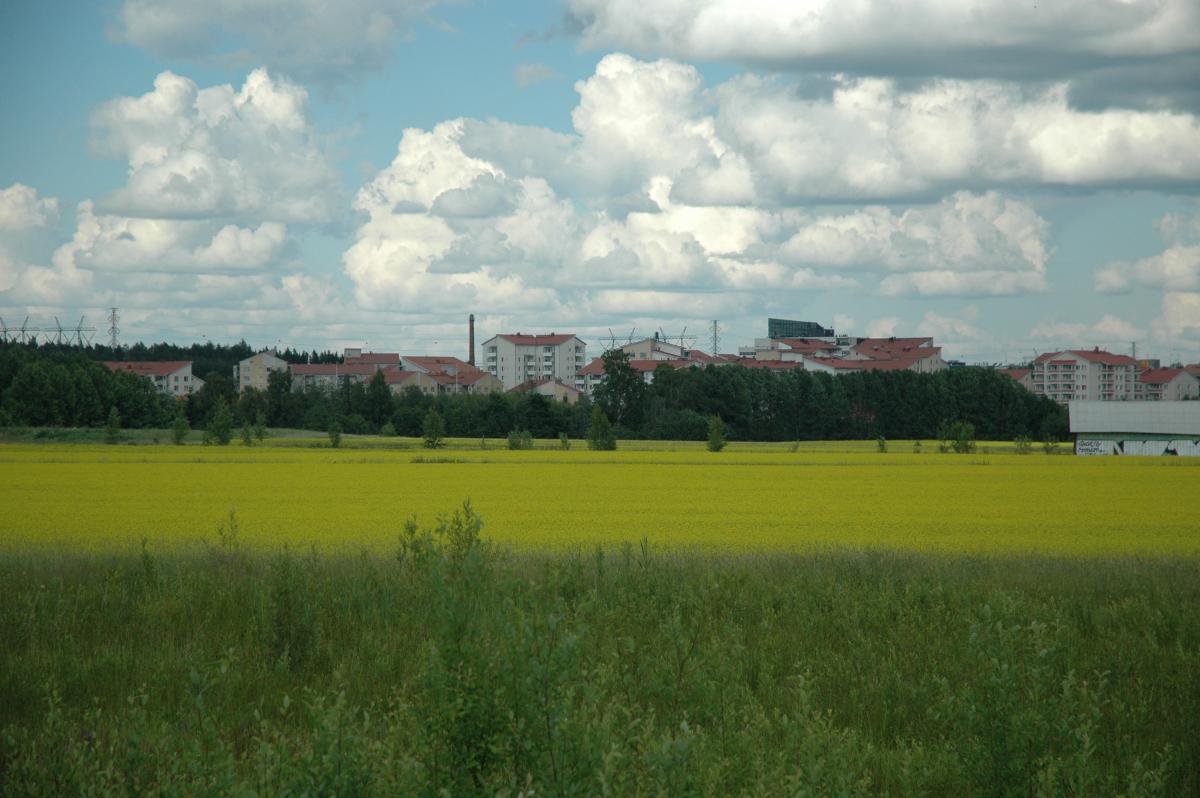Provisional agreement reached on EU carbon removal certification framework

During the negotiations on the carbon removal certification framework regulation of the European Union, a provisional political agreement was reached on the night between Monday and Tuesday. The regulation also provides support for the promotion of activities related to the domestic carbon market.
In November 2022, the Commission proposed a Regulation establishing an EU certification framework for carbon removal. Carbon removal refers to ways to remove carbon dioxide from the atmosphere through carbon storage in agriculture, forestry and other land use, as well as through technological methods. The purpose of the certification is to provide a framework for the production, methods and trade of climate units by the EU Member States. The framework will support the EU’s ambitious goal of reaching climate neutrality by 2050.
The aim of the carbon removal certification framework is to encourage landowners and industry to use innovative solutions for carbon capture, recycling and storage, and to ensure the sustainability and quality of carbon removal.
The regulation aims to establish a framework for a commensurate approach to additionality, permanence, double counting and other identified challenges related to climate units in the European Union. This will lay the foundations for a voluntary carbon market within the EU. Next, the Council and Parliament will each vote on the regulation.
Regulation covers carbon farming and industrial technologies
While the title of the regulation only mentions carbon removal, during the processing it was clarified that the framework also covers soil-related emission reductions achieved by carbon farming. Carbon farming practices allow landowners to receive income in exchange for carbon storage produced in agriculture and forestry. Furthermore, the regulation includes industrial technologies, such as bioenergy-based carbon capture and storage (BECCS), direct air capture with carbon storage (DACCS), carbon storage products and biochar.
The effects of the carbon farming activities must last for at least five years in order for the removals, emission reductions and stocks they generate to be certified. In addition, the carbon removal certification framework includes several hundred years of permanent carbon removal and temporary storage in long-lasting carbon storage products.
The co-legislators determined that the units produced in the framework should help the EU and the Member States achieve their objectives under the Paris Agreement. The Commission was given the task of creating an EU-wide registry for the units produced in the next four years. Until then, the certification programmes must provide transparent and reliable information about the certified units.
Following the conclusion of the negotiations, the Commission will launch the development of the methodology in the Expert Group on Carbon Removals within the framework decided in the Regulation. The Commission’s Expert Group on Carbon Removals is composed of representatives from each Member State and key stakeholders.
Support for the promotion of domestic activities
Promoting voluntary carbon sequestration measures and exploring market-based and cost-effective solutions to replace climate action in agriculture and forestry have been highlighted in the Government Programme. In a project carried out as part of the Hiilestä kiinni – Catch the carbon package, Pellervon taloustutkimus PTT produced assessments of the effects of the development of the voluntary carbon market on domestic agriculture and the forest sector, and raised issues in the development of the market that should be resolved.
A project of the Natural Resources Institute Finland to be implemented from 2024 to 2025 aims to develop and pilot a tendering mechanism that could be used to cost-effectively channel public funding to mitigate climate emissions from agriculture. The project will develop the capacity to apply tendering procedures for agri-environmental protection on a wider scale. It will also serve the information needs of the private sector by analysing how producers could generate sales revenues from units created by the rewetting of peatlands and how companies that meet their reduction obligations could take advantage of the supply of the carbon market. The development of the voluntary carbon sequestration market is also being supported by the new national climate unit of the Centre for Economic Development, Transport and the Environment.
“The work done in Finland to promote the carbon market, the voluntary carbon market projects and active participation in the negotiations on Article 6 of the Paris Agreement have enhanced Finnish expertise in the field. This was an advantage in the negotiations on the proposal for a regulation,” says Lotta Heikkonen, Chief Specialist, who coordinated the negotiations for Finland.
“Finland has no legislation regulating the carbon market, so this EU regulation provides strong support for promoting domestic activities,” Heikkonen continues.
Elsewhere on our site:
Press release, 30 November 2022: Euroopan komissio antoi asetusehdotuksen hiilenpoistojen sertifioinnista hiilineutraaliuden saavuttamiseksi (“European Commission proposes regulation on carbon removal certification to achieve carbon neutrality”)
Hiilimarkkinat ja hiilikompensaatiojärjestelmät (“Carbon markets and carbon compensation schemes”)
Links to other websites:
Council press release 20 February 2024
Inquiries:
Lotta Heikkonen
Chief Specialist, Ministry of Agriculture and Forestry
firstname.lastname@gov.fi
+358 29 516 2074
Karoliina Anttonen
Senior Ministerial Adviser, Legal Affairs, Ministry of the Environment
firstname.lastname@gov.fi
+358 50 436 2795
Eriika Melkas,
Senior Specialist, Ministry of Economic Affairs and Employment
firstname.lastname@gov.fi
+358 295 047 134



